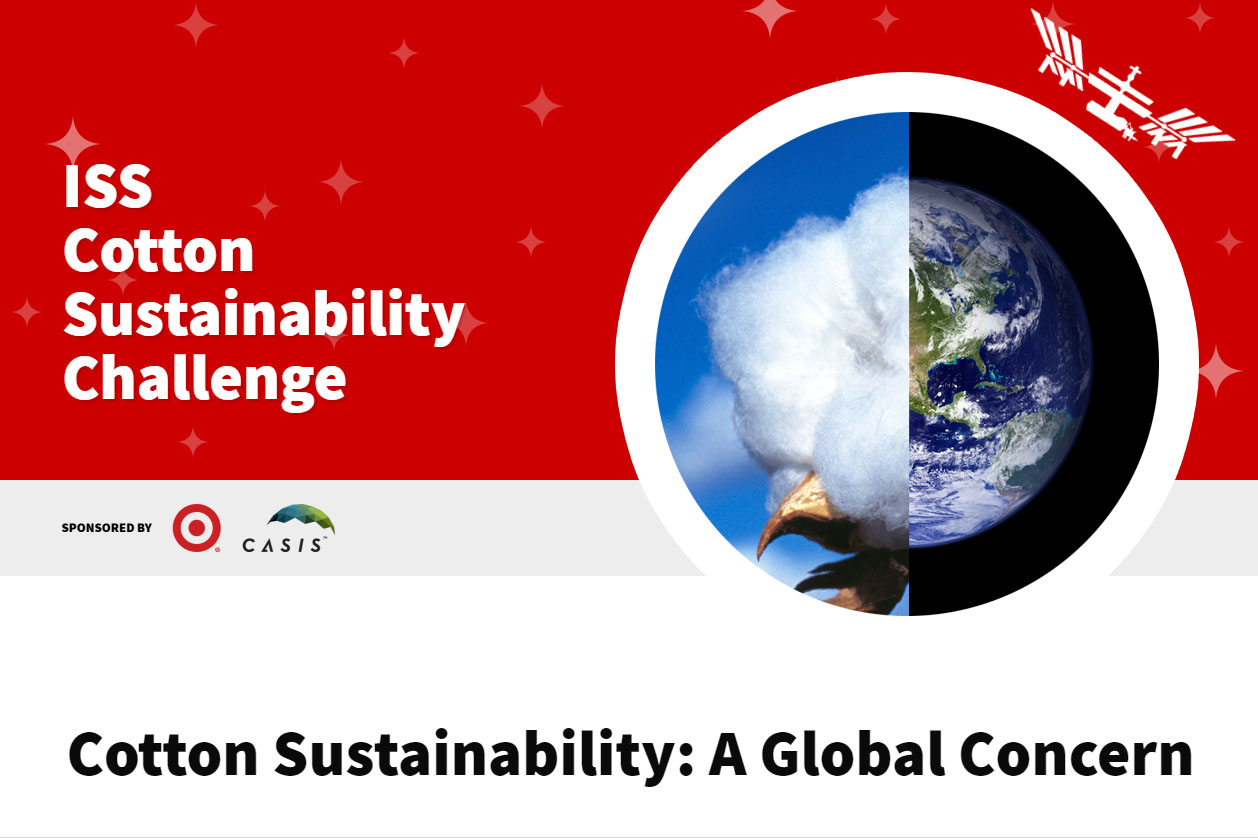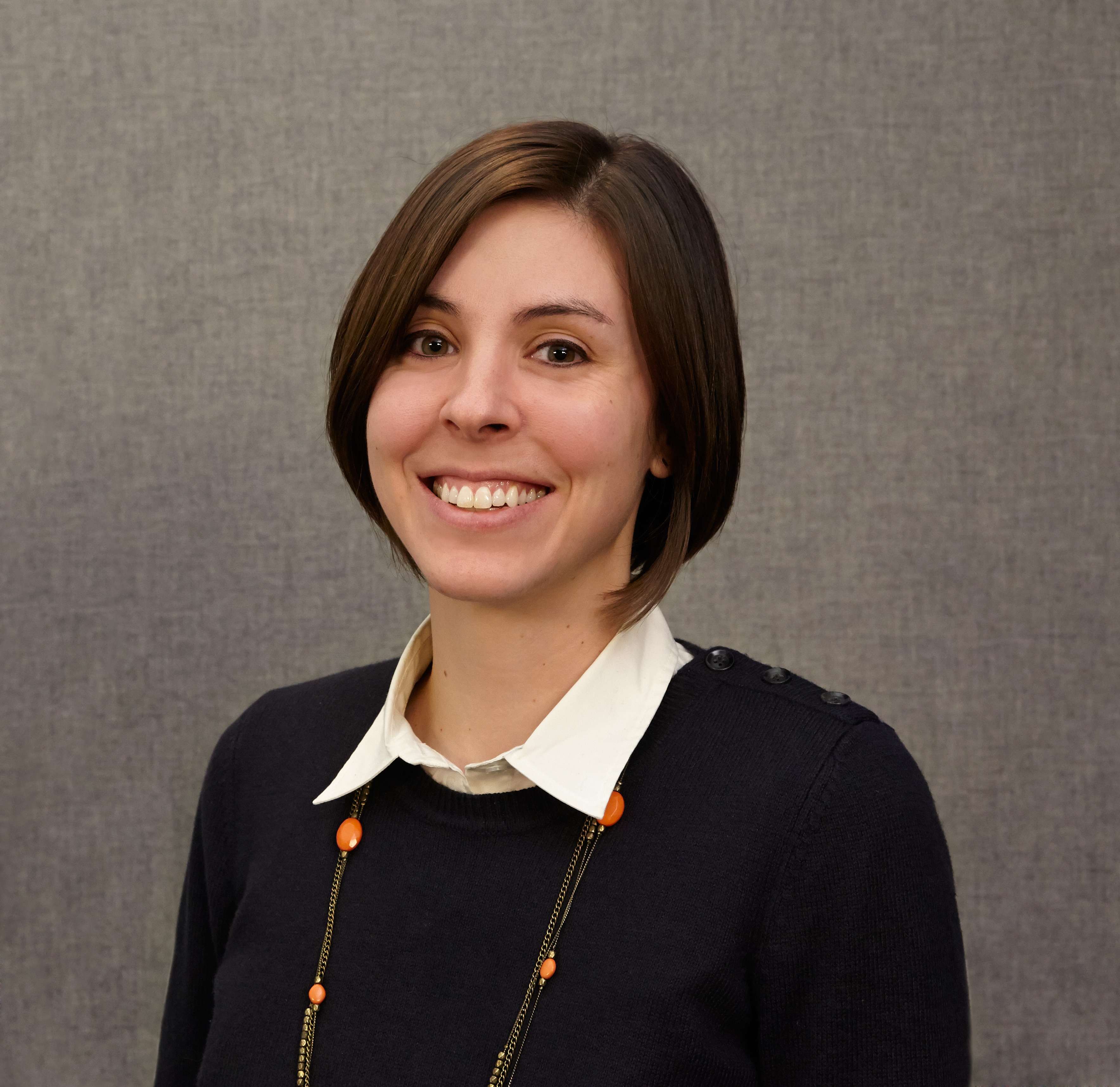Target's Space-Based Cotton Challenge Aims for Sustainable Farming on Earth

The Target Corporation and the Center for the Advancement of Science in Space (CASIS) on Wednesday (July 19) announced the ISS Cotton Sustainability Challenge, which will provide up to $1 million in funding to scientists and researchers who can come up with ways to utilize the station to make cotton farming more effective and sustainable.
While it might seem like a stretch that an orbiting laboratory could assist in better Earth-based farming practices, the creators of the challenge listed some of the ways the station could help in the effort. Those include using the station's high-altitude vantage point, which could "provide the agricultural community [with] unique perspectives on sustainable crop production and water usage," challenge officials said. Or, scientists could use the microgravity environment on the station to study how cotton crops respond to different environments and conditions.
The challenge was announced Wednesday (July 19) at the sixth annual ISS Research and Development Conference (ISSRDC) in Washington, D.C., by representatives from CASIS, the organization that manages the National Laboratory on the U.S. side of the space station. (NASA pays this organization to manage the laboratory.) The challenge is sponsored by CASIS and Target Corporation, owner of the Target chain of discount stores. [Graphic: The International Space Station Inside and Out]
"Through this funding opportunity, CASIS and NASA will facilitate on-orbit access to the ISS National Lab to advance cotton sustainability solutions that may include projects in plant biology, water technology or remote-sensing technologies," CASIS representatives said in a statement.
The world produces more than 25 million tons (23 million metric tons) of cotton each year, according to the CASIS website. To produce just 2.2 lbs. (1 kilogram) of cotton requires between 2,600 and 5,300 gallons (10,000 to 20,000 liters) of water, the website says.
"While the economic and personal benefits of cotton are well-understood, the environmental impacts of cotton production are significant," the website says. "The intensive use of agricultural chemicals in cotton farming and production can have severe health impacts on workers and surrounding ecosystems. Organizations around the world are looking for new and innovative ways to address this critical issue over the next few decades."
CASIS is encouraging researchers to submit proposals in the areas of fluid dynamics, fluid flow, cotton and plant germination. According to the statement, studies of fluid dynamics in space, and in particular on the dynamics of water, "could lead to a better understanding of ways to enhance sustainability on the ground."
Breaking space news, the latest updates on rocket launches, skywatching events and more!
The challenge is "slated to run" from Sept. 1 to Nov. 1 of this year, according to the statement. Details have not yet been announced for how to submit an experiment proposal. According to the challenge website, "the winning proposal(s) will receive up to one million dollars in funding and support to send their research to space."
Follow Calla Cofield @callacofield. Follow us @Spacedotcom, Facebook and Google+. Original article on Space.com.

Calla Cofield joined Space.com's crew in October 2014. She enjoys writing about black holes, exploding stars, ripples in space-time, science in comic books, and all the mysteries of the cosmos. Prior to joining Space.com Calla worked as a freelance writer, with her work appearing in APS News, Symmetry magazine, Scientific American, Nature News, Physics World, and others. From 2010 to 2014 she was a producer for The Physics Central Podcast. Previously, Calla worked at the American Museum of Natural History in New York City (hands down the best office building ever) and SLAC National Accelerator Laboratory in California. Calla studied physics at the University of Massachusetts, Amherst and is originally from Sandy, Utah. In 2018, Calla left Space.com to join NASA's Jet Propulsion Laboratory media team where she oversees astronomy, physics, exoplanets and the Cold Atom Lab mission. She has been underground at three of the largest particle accelerators in the world and would really like to know what the heck dark matter is. Contact Calla via: E-Mail – Twitter
